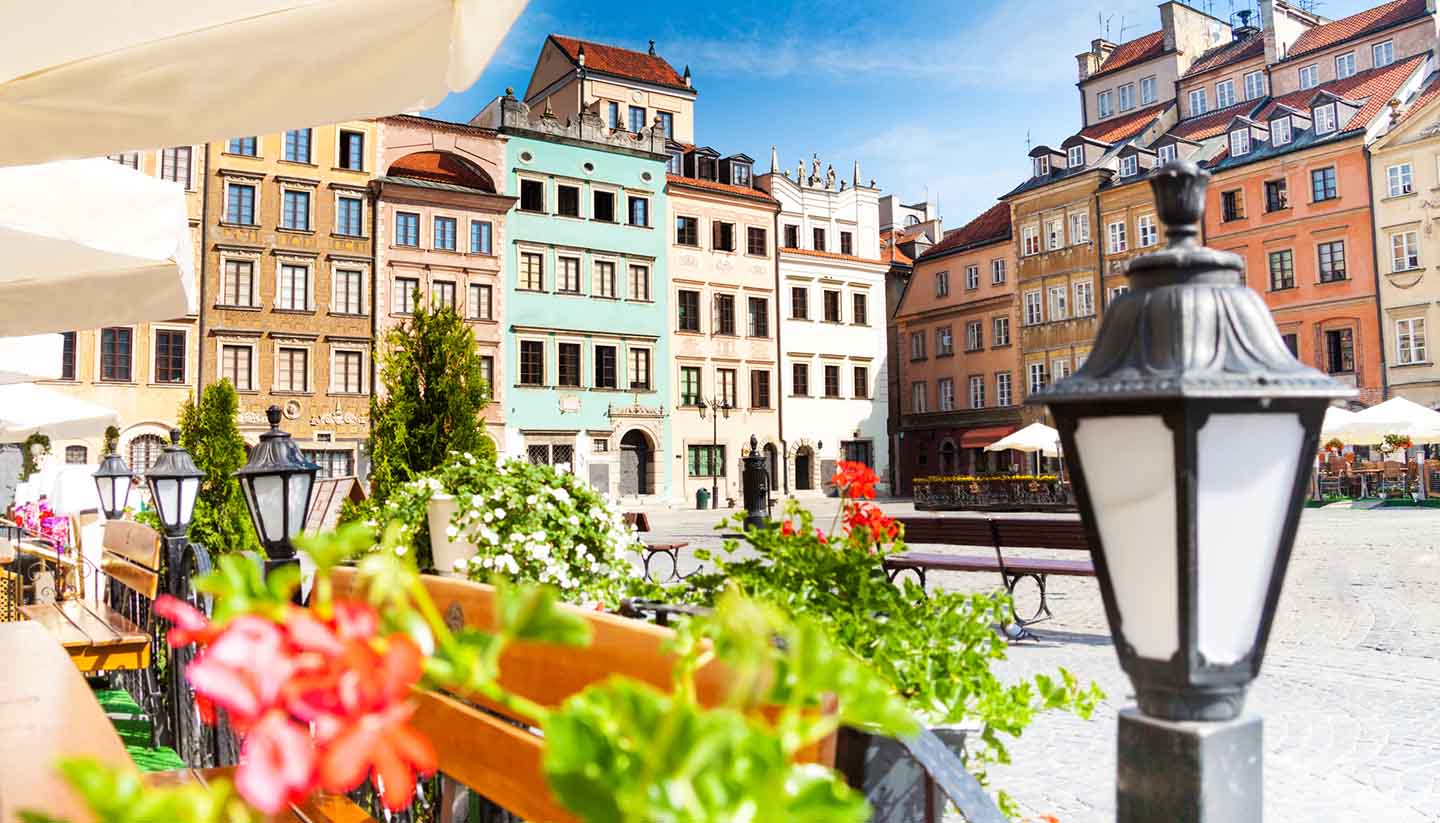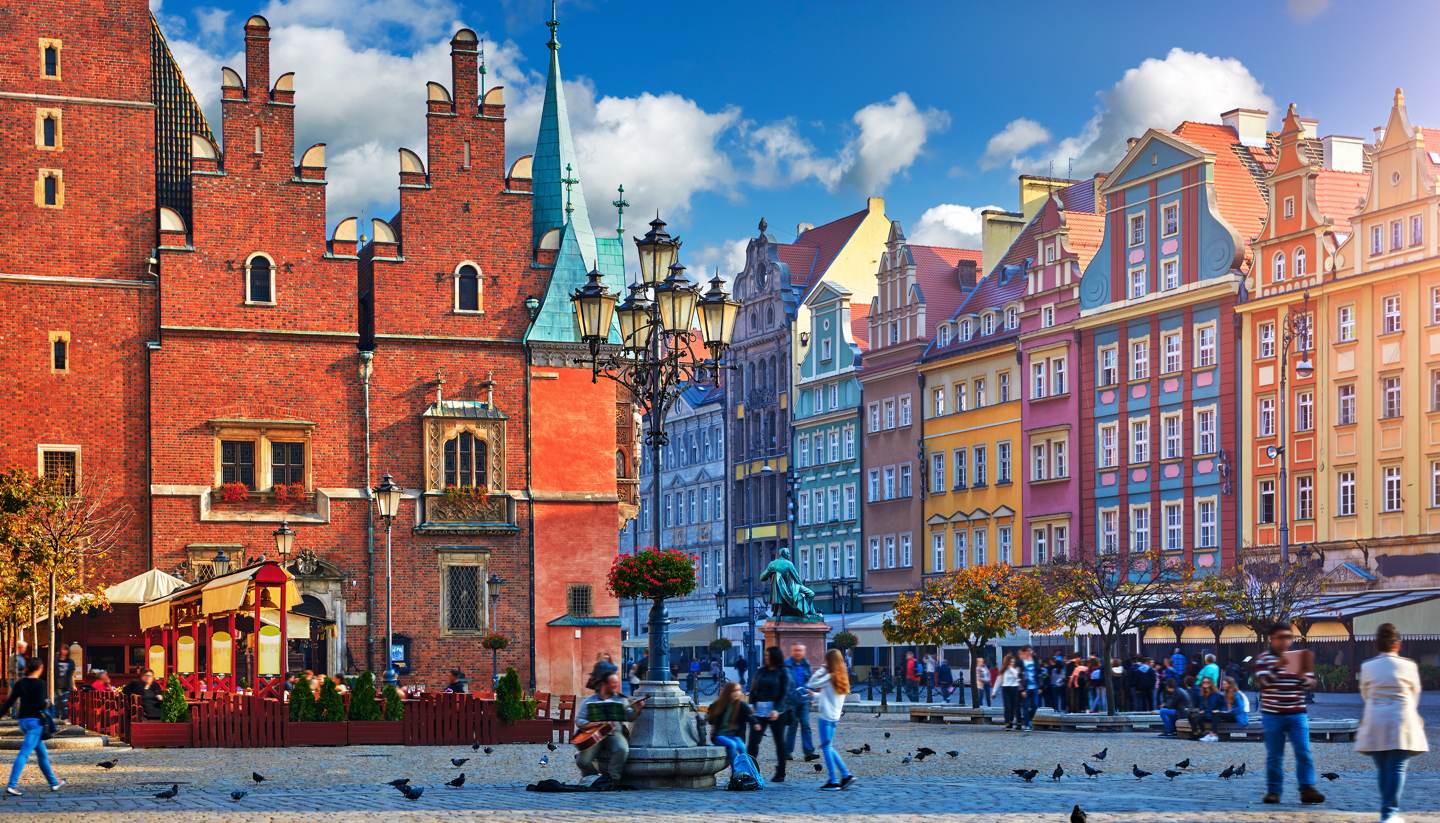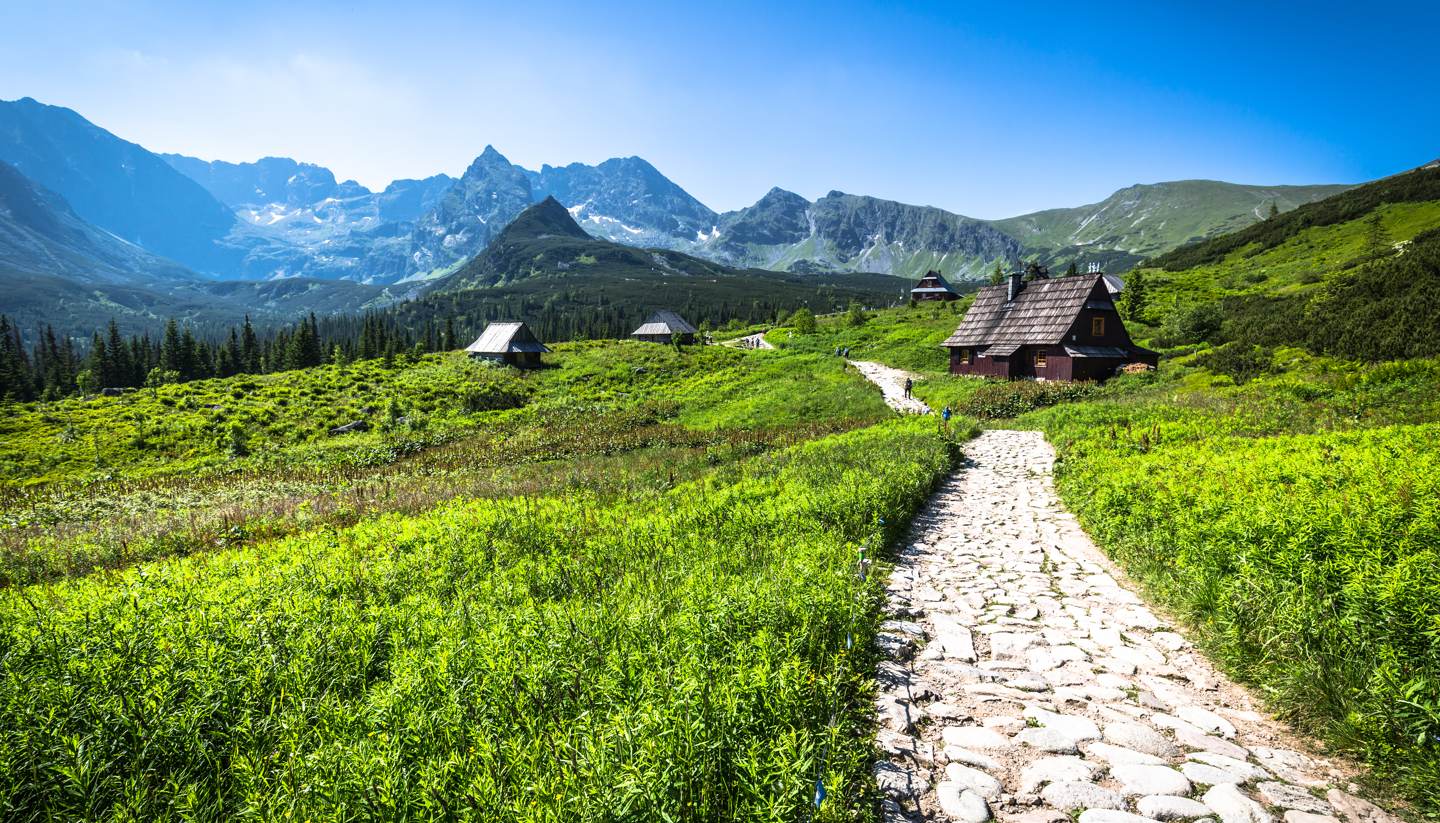Poland: Doing business and staying in touch
Doing Business in Poland
In Poland, a formal approach is favoured, and it is therefore advisable to address an associate with a title and surname unless there is an established rapport.
Letters of introduction are extremely useful for establishing contact with businesses in Poland. Presentations should be thoroughly prepared and, at a minimum, the executive summary should be translated. Decisions are often by committee here, so negotiations may be protracted and a deal cannot be confirmed until all parties have signed.
Handshaking is customary, an older man will often kiss a woman’s hand, and business cards (preferably with titles translated) should be exchanged with all participants at a meeting. The dress code is, on the whole, quite conservative. Breakfast meetings are rare, although business lunches and dinners are popular.
The end of communism brought the careers of many Polish people to a premature end, as the older generation was thought to represent an outdated system and inflexible attitudes. Consequently, many of those holding high positions in Warsaw's business world today are relatively young. They are also more likely to speak English and other languages.
Poles love to stay up late, talking and drinking, and dinner invitations are likely. The person who issues the invitation is generally the one who pays the bill. It is important for visitors to make sure that if giving a gift of flowers, there should always be an odd number.
Office Hours
Most offices in major industries open Mon-Fri 0830-1700. Government offices are open Mon-Fri 0830-1630. A few independent businesses may open on Saturday morning.
Economy
Following the chaos of the 'big bang' strategy of rapid post-communist transition to a market economy, Poland's economy slowly strengthened during the 1990s. By 2000, the private sector accounted for 70% of GDP and the economy was looking in good shape, though it lacked behind many of its former communist neighbours.
Poland became a full member of the European Union on 1 May 2004 and plans eventually to adopt the Euro but not before 2020 at the earliest. Poland weathered the global financial crisis of 2008 well. It has a large internal economy, still manufactures a number of goods people buy, exports are booming and inflation is among the lowest in the region. Growth was 3.9% and unemployment stood at 7.9% in 2015.
GDP
US$477 billion (2015).
Main exports
Machinery and transport equipment, food and live animals, chemicals and related products.
Main imports
Mineral fuels and lubricants, miscellaneous manufactured goods, chemicals and related products.
Main trading partners
Germany, France, UK, Czech Republic and Italy.
Keeping in Touch in Poland
Telephone
You can buy telephone cards from post offices, newspaper kiosks and hotel receptions for both domestic and international calls.
Mobile Phone
Roaming agreements exist with most international mobile phone companies; most of the country is covered. You can buy local SIM cards once in Poland and use them in unlocked GSM handsets, with top-ups available at phone shops, newspaper kiosks and some ATMs.
Internet
There are many internet cafés in cities and Wi-Fi is available in hotels, hostels and cafés and plenty of other public spaces.
Media
State-owned TV (TVP) still has the largest share of the audience for its two national channels. It also operates regional programmes and the international satellite channels. TVN operates the leading commercial TV channels. Polsat also operates a digital pay-TV platform. Up to a quarter of Poles also watch foreign television channels through cable or satellite. State-owned Polskie Radio (Polish Radio) reaches just over half of the population and there are six national stations and 17 regional ones on the air.
There are more than 300 newspapers, most of them local or regional. Although fewer people in Poland may be connected to broadband connections than those in other EU countries (due to a delay in infrastructure in rural areas), freedom of the press and communications availability is held as an important priority.
The principal dailies are Gazeta Wyborcza, Rzeczpospolita and the tabloid Super Express. The biggest selling daily, Fakt, is a populist tabloid with over 7 million readers. Weeklies include Gazeta Polska, Polityka and Wprost. English-language publications include the weeklies The Warsaw Voice (www.warsawvoice.pl) and New Poland Express (www.newpolandexpress.pl).
Post
Count on three days for post to reach the UK and up to a week for the USA.
Post Office hoursMon-Fri 0800-1800 (0800-2000 in major cities); some offices are open on Saturday until 1300. The main post offices in major cities are open daily, 24 hours.




